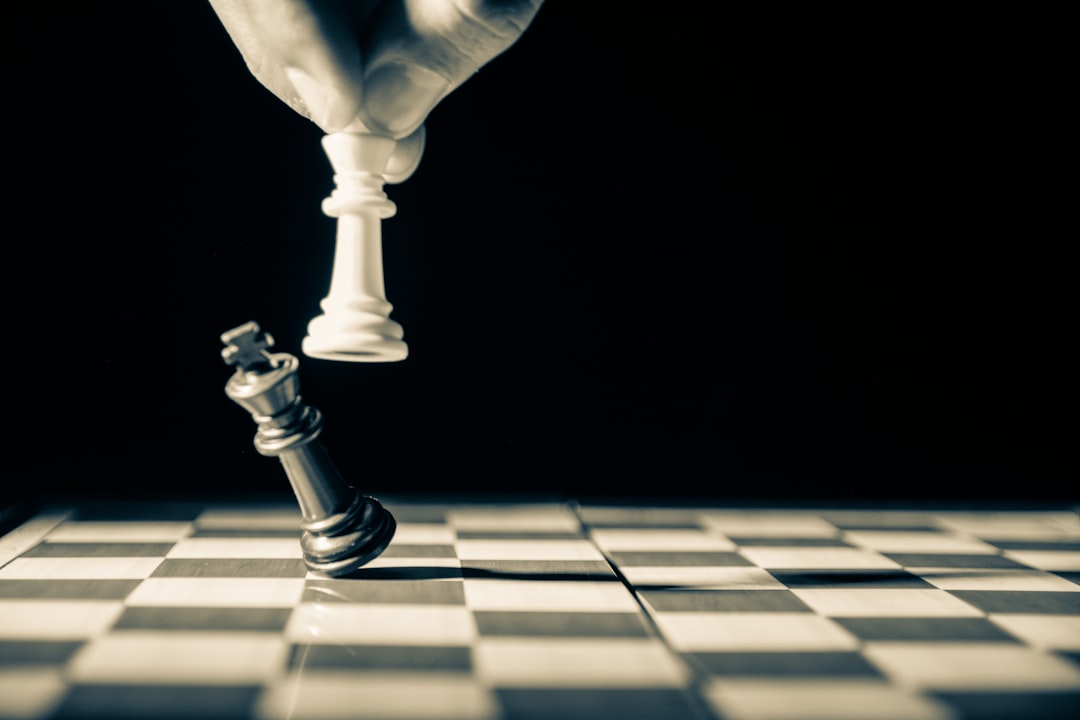The acknowledgement of one’s own evil is “good”. To be too good – that is, to want to transcend the limits of the good which is actually available and possible – is “evil”. Evil done by anybody in a conscious way (and that always also implies full awareness of his own responsibility), evil, in fact, from which the agent does not try to escape – is ethically “good”. The repression of evil, accompanied, as it invariably is, by an inflationary overvaluation of oneself, is “evil”, even when it is the result of a “positive attitude” or a “good will”.
The paragraph above is challenging for most people, because it was written from a perspective that is probably unknown to someone educated in the Jewish-Christian-Muslim tradition. This tradition strives to stimulate the brightest side of the human being while suppressing the dark one; we cherish the Good and we aim towards God, while we disavow the Evil and we aim to reduce, or better exclude it, from our lives. The author of this text – probably the most important disciple of Carl Jung – I’m talking about Erich Neumann – focuses however on the complexity of the human nature, a complexity that requires the presence of both the bright and the dark side of our psyche in order to keep ourselves balanced and mentally sane. In Neumann’s view, and actually in the view of Jungian analytical psychotherapy in general, repressing or suppressing the Evil equals a one-sided development. And too much focus on the “good” side of the human being necessarily gives birth to a darker, evil side – a shadow – that becomes stronger and stronger. A shadow we hide from others and finally from ourselves, a shadow we overlook or deny existence, is a shadow that gradually escapes our conscious control and begins to have a life of its own in our psyche, independent of our conscious control. Mass hysterias, ideologies that led to genocides, appalling crimes and world wars – these are only examples of situations when the conscious mind is overpowered by the archetypal and transpersonal dimension of our being – a weird world existing in parallel with our conscious existence, little studied and little known, yet powerful enough to make history…
The paragraph begins with an idea quite common in leadership training sessions: assuming one’s own responsibility. In this case, knowing that you own a dark side is a good thing, because it enables you to monitor its movements and make the necessary corrections if this shadowy side of you manifests in your life in a tangible way. The Alcoholics Anonymous 12 step-program begins with the famous statement: “My name is … and I am an alcoholic!”. Similarly, when dealing with the evil, one must acknowledge the evil in oneself. The paragraph relativizes the concept of “good” and “evil”; therefore, being aware, or having an awareness of one’s complex structure, is “good”, while the aforementioned traditional religious doctrines hold a more simplistic view of what “good” means. And this is a challenge in itself…
In their aim to be “good”, some people exaggerate: they become “too good”. They do not stop at the limit of their goodness, at what their psyche can tolerate, but force themselves beyond their limits. They go into extremes… and extremism. Religious extremism. Political extremism. Ideological extremism. They begin to be lived by an idea… or by a demon… or an archetype… Good is no longer a direction and a personal choice; it becomes an authoritarian philosophy, a reason to force the others on the same path that was deemed as “good”. These people force things towards one extreme until they arrive in (or trigger) the other extreme. Or, they end up doing evil deeds while being certain that they’re doing good things and are having honorable intentions. The current migrant crisis in Europe is a good example of altruism going terribly bad; the initial humanism and the desire to help is leading to an utter disaster because an effective integration is very difficult, resources are lacking and the cultural differences haven’t been taken into account as forces that can cause havoc. Being “too good”, not knowing the limits of your own population when it comes to tolerance of the archetypal foreigner, is slowly polarizing and radicalizing everyone. Old daemons are waking up; not acknowledging that people can also be intolerant when it comes to ethnical or religious issues – repressing all this and pretending that this dark side doesn’t exist in each of us – will eventually lead to history repeating itself…
Being “too good” is however not only a social problem, but also a personal one. Overlooking one’s energy and motivation, one’s abilities, one’s social network strength and reach, one’s finances – all these – lead to a certain blindness. Not knowing one’s limits means also not accepting a darker side, hiding it in the fog or under the carpet. Ambition without capabilities means failure. Not knowing what you can’t (not what you can), not knowing where you are (strategically, but also socially), not knowing what is not possible for you – all these mean failure. Exceptional is the enemy of genuinely good, and striving for the best while being half-blind can put one in the role of Icarus who flew too close to the sun with underperforming and poorly designed wax wings. Icarus might have thought, while falling back to Earth and to certain death, that the Universe has conspired against him; it is also true that he did an “evil” deed by trying to exceed his personal limits, by not recognizing his human limitations and by displaying an involuntary yet obvious Luciferian pride…
The quoted paragraph at the beginning was written roughly 75 years ago. It mentions “positive attitude” and “good will”, contemporary expressions when it comes to the activity of so many organizations aiming to do good for the world, save the planet from climate change or us from ourselves. Yet, we cannot save us from ourselves unless we do what could be condensed in one short statement: Own it! Yes, one needs to own the fact that one is both light and darkness, both good and evil. And instead of obsessing towards the good, one should better aim to make that unconscious stuff conscious, accept it and begin to control it, at least partially. It is obvious for some minds – for a couple of hundreds of years already – that a leap of consciousness (mentality, philosophy) is needed. We keep denying our evil side and this evil side keeps defeating us and keeps making us miserable through both bloody world wars and personal psychological dramas. Perhaps the time has come to upgrade our ethical convictions. Or perhaps we need another dark age, something I already see unfolding right now. I leave you to meditate and see if you can do something, at your level, to raise awareness about the lurking evil in the world, but also to acknowledge the existence of this evil in you as well.
Until you make the unconscious conscious, it will direct your life and you will call it fate.










